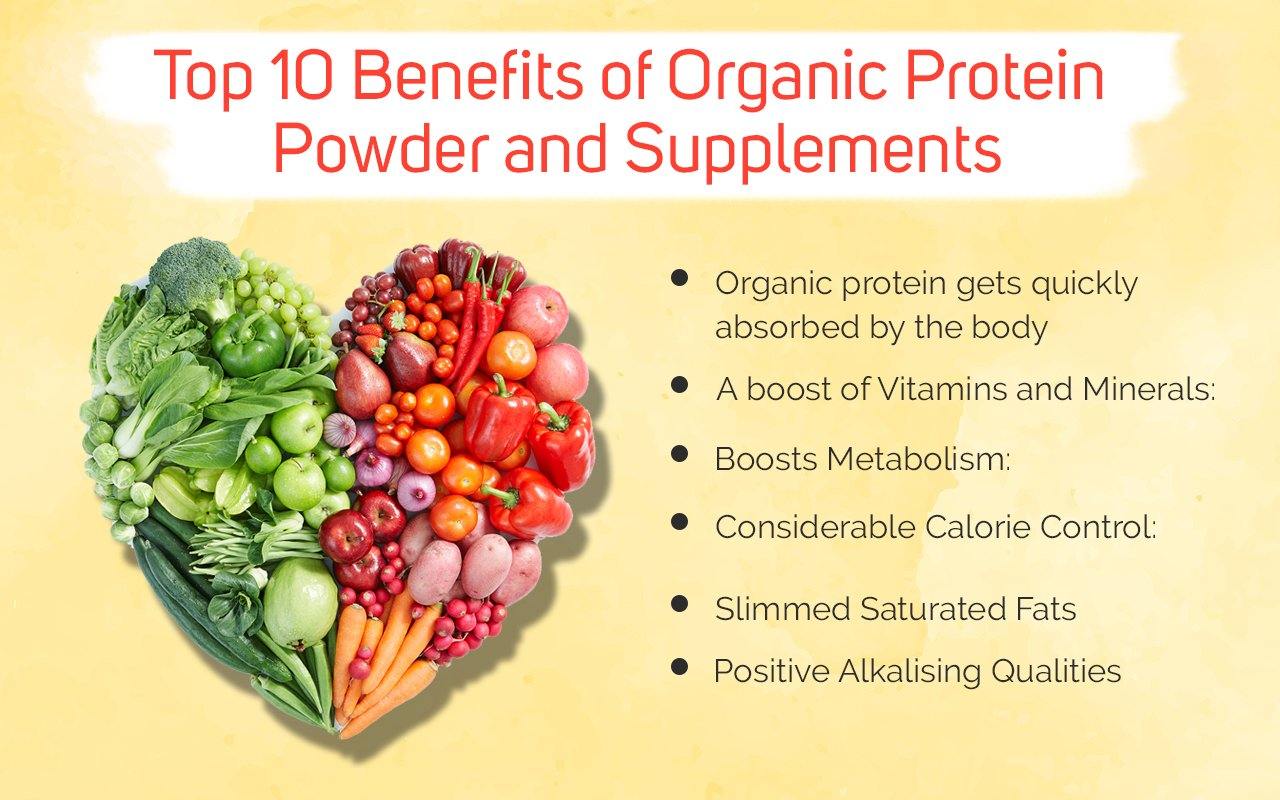Benefits of Supplements
Supplements have gained significant popularity in recent years due to their potential to improve overall health and well-being. In this comprehensive guide, we will explore the various benefits of supplements and how they can contribute to a balanced lifestyle.
Improved Nutritional Intake
Supplements play a crucial role in providing essential nutrients that may be lacking in our regular diets. They act as a convenient and reliable source of vitamins, minerals, and other vital nutrients necessary for optimal bodily functions. By supplementing our diet with these nutrients, we can bridge the nutritional gaps and ensure our bodies receive the necessary building blocks for good health.
Enhanced Energy Levels
One of the significant benefits of supplements is their ability to boost energy levels. Certain supplements, such as those containing B vitamins, can support the body’s energy production processes. These vitamins play a key role in converting food into energy, helping to combat fatigue and improve overall vitality.
Support for Immune System
Supplements can also provide valuable support to our immune system, which plays a vital role in defending our bodies against harmful pathogens. Many supplements contain immune-boosting ingredients, such as vitamin C, zinc, and probiotics, which can help strengthen our immune response and reduce the risk of infections and illnesses.
Joint and Bone Health
As we age, joint and bone health become increasingly important. Supplements that contain calcium, vitamin D, and omega-3 fatty acids can contribute to maintaining strong bones and promoting joint flexibility. Regular intake of these supplements can help reduce the risk of conditions like osteoporosis and improve overall musculoskeletal health.
Heart Health
Supplements can also play a role in supporting cardiovascular health. Certain supplements, such as those containing omega-3 fatty acids, CoQ10, and garlic extract, are known to have beneficial effects on heart health. These supplements can help maintain healthy cholesterol levels, support proper blood circulation, and reduce the risk of heart-related issues.
Improved Cognitive Function
Supplements can have a positive impact on cognitive function and brain health. Ingredients like omega-3 fatty acids, vitamins B6 and B12, and antioxidants have been linked to improved memory, focus, and overall brain performance. Regular consumption of these supplements can support mental clarity and potentially reduce the risk of age-related cognitive decline.
Weight Management
Supplements can be a valuable addition to a weight management plan. Some supplements, like green tea extract, conjugated linoleic acid (CLA), and chromium picolinate, have been associated with increased metabolism, reduced appetite, and improved fat burning. However, it’s important to note that supplements should be used in conjunction with a balanced diet and regular exercise for optimal results.

In conclusion, supplements offer a wide range of benefits that can contribute to overall health and well-being. From improved nutritional intake to enhanced energy levels, support for the immune system, joint and bone health, heart health, cognitive function, and weight management, supplements have the potential to positively impact various aspects of our lives. As with any dietary changes, it’s important to consult with a healthcare professional before incorporating supplements into your routine to ensure they align with your specific needs and goals.
Frequently Asked Questions about Benefits of Supplements
1. What are dietary supplements?
Dietary supplements are products intended to supplement the diet and contain one or more dietary ingredients.
2. Do supplements provide any health benefits?
Yes, supplements can provide various health benefits such as filling nutrient gaps, supporting overall well-being, and promoting specific health conditions.
3. Are supplements safe to consume?
When used properly and as directed, most supplements are considered safe. However, it is important to consult with a healthcare professional before starting any new supplement regimen.
4. Can supplements replace a balanced diet?
No, supplements should not replace a balanced diet. They are meant to complement a healthy eating plan and lifestyle, not substitute for it.
5. Are there any specific supplements for certain health conditions?
Yes, certain supplements are designed to support specific health conditions such as joint health, immune support, heart health, and more.
6. Can supplements help with weight loss?
Some supplements may assist in weight loss by boosting metabolism or reducing appetite, but they should be used in conjunction with a balanced diet and regular exercise.
7. Are there any risks associated with taking supplements?
While most supplements are safe, there can be risks if taken in excessive amounts or if they interact with certain medications. It is crucial to follow the recommended dosage and consult a healthcare professional.
8. Are natural supplements better than synthetic ones?
Both natural and synthetic supplements can be beneficial. The choice depends on individual needs, preferences, and the specific supplement in question.
9. Can supplements improve athletic performance?
Some supplements, like protein powders or creatine, may enhance athletic performance and support muscle recovery. However, it is important to use them responsibly and as part of a well-rounded training program.
10. How long does it take to see results from supplements?
The time it takes to see results from supplements can vary depending on the individual, the type of supplement, and the specific health goal. It is essential to be patient and consistent with their use.




